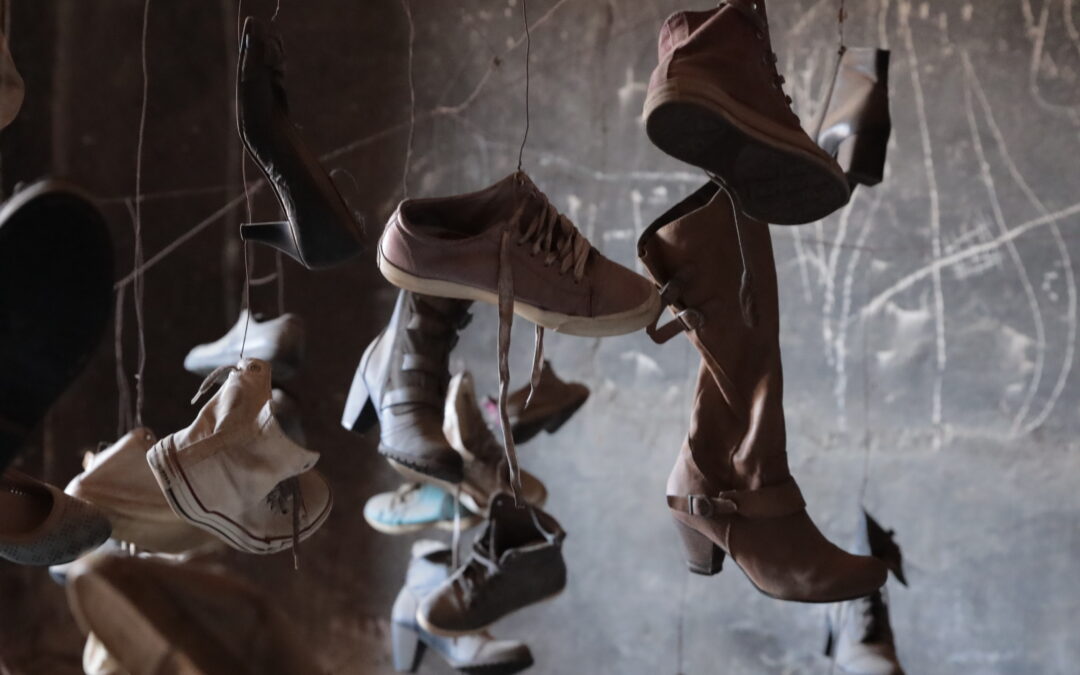Kosovo teachers’ union SBASHK (United Union of Education, Science and Culture of Kosovo) is forging a shared school-family-community-policymakers’ agenda to build a multi-tiered mental health support system. This successful effort includes hosting a national conference last month during which attendees agreed to collaborate on solutions going forward and the Ministry of Education committed to increasing the number of school psychologists, addressing national mental health legislation and supporting national mental health awareness campaigns.
The conference—which brought together more than 80 representatives of Kosovo education unions and other union and civil society organizations, education, health care, government, the Kosovo Parliament, media, academia, students and parents’ councils—sought to destigmatize discussion of mental health; examined the latest research and best practices on mental health promotion, prevention and intervention for students, teachers and families; and facilitated opportunities for parents, policymakers, school administrators and teachers to work together on solutions.
“Mental health in Kosovar society is intertwined with a series of factors such as transgenerational trauma from the [1990s Kosovo] war, low salaries that make it difficult to meet vital needs, high unemployment rates, unsafe environments—including cases of sexual assaults—and poor-quality education,” Member of Parliament and University of Pristina Psychology Professor Fitim Uka told conference attendees.
During panel discussions, workshops and breakout sessions, roadblocks to mental health improvement in schools were identified, resulting in a joint appeal for more psychologists in schools, teacher and psychologist training programs, better teacher working conditions, specialized service referrals and advocacy campaigns for reducing mental health stigma, and, above all, for stakeholders to work together.
“This conference proves that, together, we can help for the good of a school and for an even better education,” said SBASHK Chairperson Rrahman Jasharaj.
Solidarity Center Executive Director Shawna Bader-Blau, who also presented, reinforced the call for a shared school, family, community and policymakers’ agenda.
“We’re all in this together, to help our children succeed and help our schools succeed,” she said.
During the 1998-1999 Kosovo war, SBASHK played a vital role in preserving education services. Today SBASHK advocates for better working conditions and fair salaries, safer schools and professional growth opportunities for teachers. A five-week 2022 teachers’ strike for a living wage in response to COVID pandemic and Ukraine war-related inflation earned teachers a significant salary increase, but regional economic challenges continue to threaten teachers’ well-being.
The February 21 and 22 Pristina conference, supported by the Solidarity Center, united stakeholders dedicated to enhancing mental health support in schools including SBASHK, the Ministry of Education, Science, Technology and Innovation (MESTI), the Ministry of Health (MoH), the Parliamentary Committee on Education, the Union of Independent Trade Unions of Kosovo (BSPK), the European Trade Union Committee for Education (ETUCE), Slovenia Education Union (SVIZ), the Education Unions of Albania (SPASH and FSASH), Union of Education, Science and Culture North Macedonia (SONK), the Association of Municipalities, the Municipal Directorate of Education (MDE), the Council of Parents (KP), the Council of Youth (KYC), the Chamber of Doctors, the Chamber of Nurses, the Department of the Psychology/University of Pristina (DP), Kosovo Education Center (KEC), the Kosovo EdGuard Institute and the Kosovo Association of Independent Journalists (AGK).

